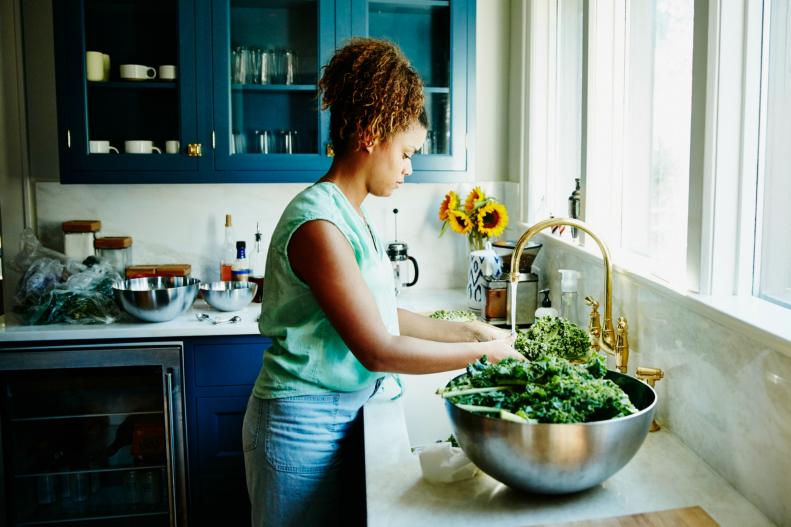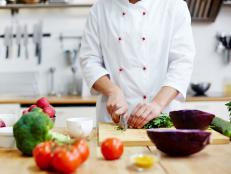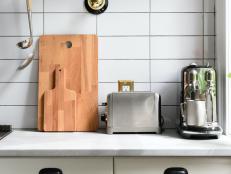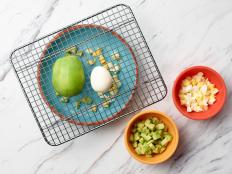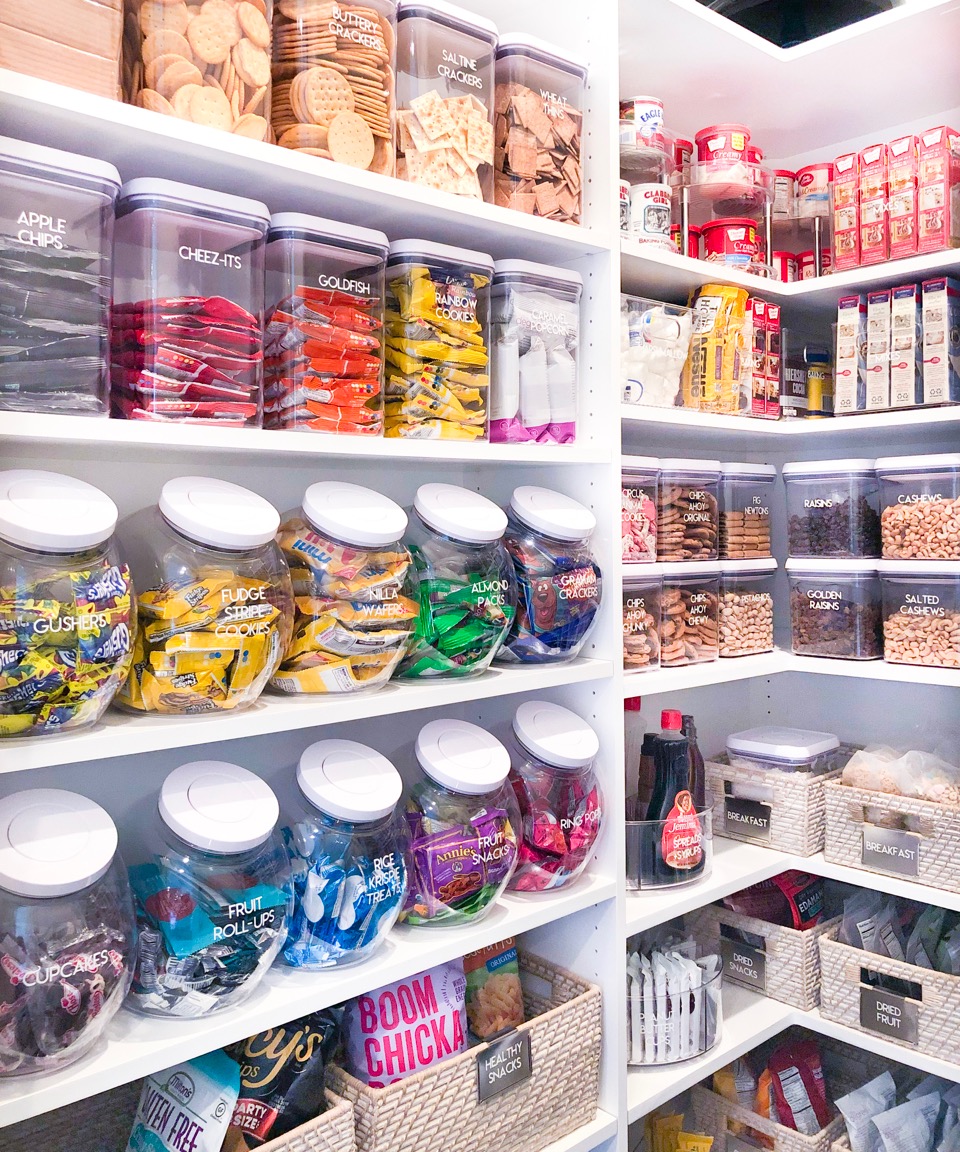1 / 11
Photo: Thomas Barwick/Getty ©
Organize Your Cooking Like a Pro
Don't worry, we're not going to tell you to alphabetize your spice jars (how many times have you heard that one?). Instead, we've got some real-world advice from a few of the most-efficient people we know: the chefs and shoppers in Food Network Kitchen. Here's how they cook better, smarter and easier — and how you can too.
Photo: Thomas Barwick/Getty
Photo: Thomas Barwick/Getty
























